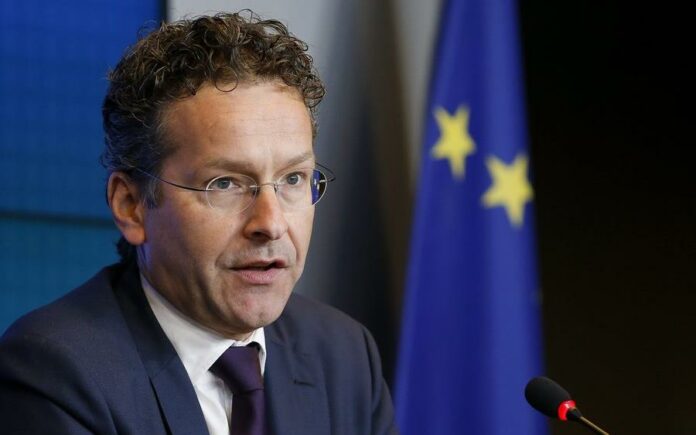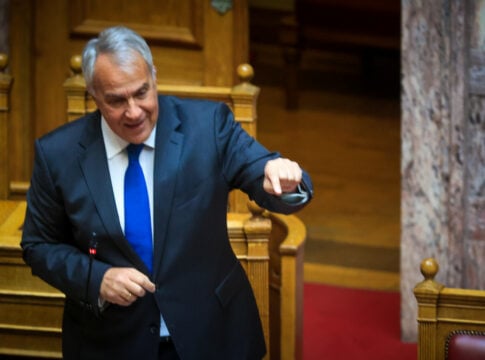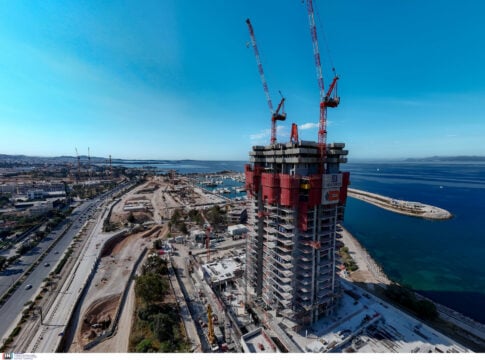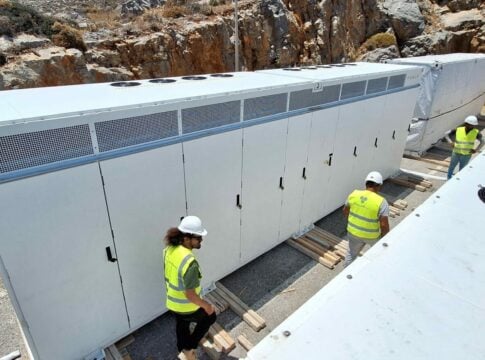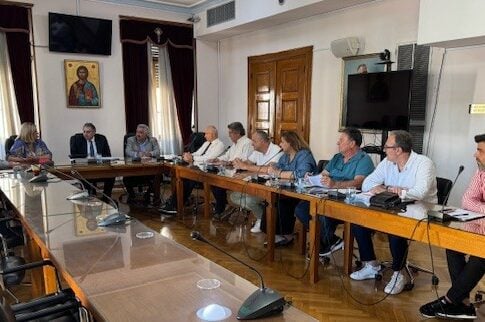Eurogroup chairman Jeroen Dijsselbloem confirmed on Monday afternoon that creditors’ negotiators will head back to Athens in the short term to conclude a delayed second review of the Greek bailout.
Speaking after Eurozone finance ministers met at the Eurogroup, Dijsselbloem said creditors will work with Greek authorities on more structural reforms and labor market regulations, while he referred to a change of “policy mix” to move away from austerity, and concentrate more on reforms.
“I think a good step, have to realize there was no political agreement at this point, it’s too early,” he cautioned.
“For any country reform is difficult, we will allow institutions and the Greek government to do the work on the ground; we will return to Eurogroup when a staff level agreement is complete and we will have a final political discussion,” he said, adding that he was very happy with that outcome today.
Finally, Dijsselbloem said there was no issue of no liquidity issue in short run for Greece, although there was a sense of urgency so as not to lose economic confidence, which would threaten economic growth in the country.
In answer to press questions, Dijsselbloem said “we will also look at fiscal part; we’ll also return to the issue of medium-term debt measures, as agreed to in May… Decisions on the medium-term issue will come after the staff-level agreement.”
In trying to promote the “less austerity” pledge first uttered on Monday during the news conference, the Eurogroup chairman said “fiscal space” will be derived if structural reforms produce results.
The potential future results of structural reforms, he said, could then be pumped back into the Greek economy to boost growth, in consultation with the creditors.
He also said precautionary measures will not need to be legislated before negotiators return this month, although such measures are designated as “up front” when the mission ends to Athens.
“I can never promise an end of austerity, as a minister of finance, broadly speaking, the (Greek) budget is on track… now looking for structural reforms to keep the budget on tracks… which make the budget sustainable…” he added.
Queried over the IMF’s reaction to Monday’s deliberations and the size of the “structural reforms” as demanded by the IMF, he said he can’t put numbers on the package, “but it’s to the liking of the IMF”.
The Fund has previously demanded prior actions worth two billion euros of Greece’s GDP, or roughly 3.6 billion euros.
“Substantial package of reforms needed, such as the one IMF asked, can’t put numbers on the figures, because it’s changing, IMF wants sustainable recovery and sustainable debt,” he said.
The press release by the EU Commission later stated:
“The institutions (the European Commission, the European Central Bank, the International Monetary Fund and the European Stability Mechanism) and Greek Minister for Finance Euclid Tsakalotos briefed the Eurogroup on the second review of Greece’s economic adjustment programme, where the main outstanding issues include the medium-term (in 2018 and beyond) fiscal strategy and labour market reform.
The Eurogroup welcomed the common understanding reached between the Greek authorities and the institutions, which allows the review mission to return to Athens and resume work in order to conclude a staff-level agreement on policy reforms in the context of the second review of the programme.
A staff-level agreement is a necessary condition for the successful conclusion of reviews and therefore for receiving financial support.”


